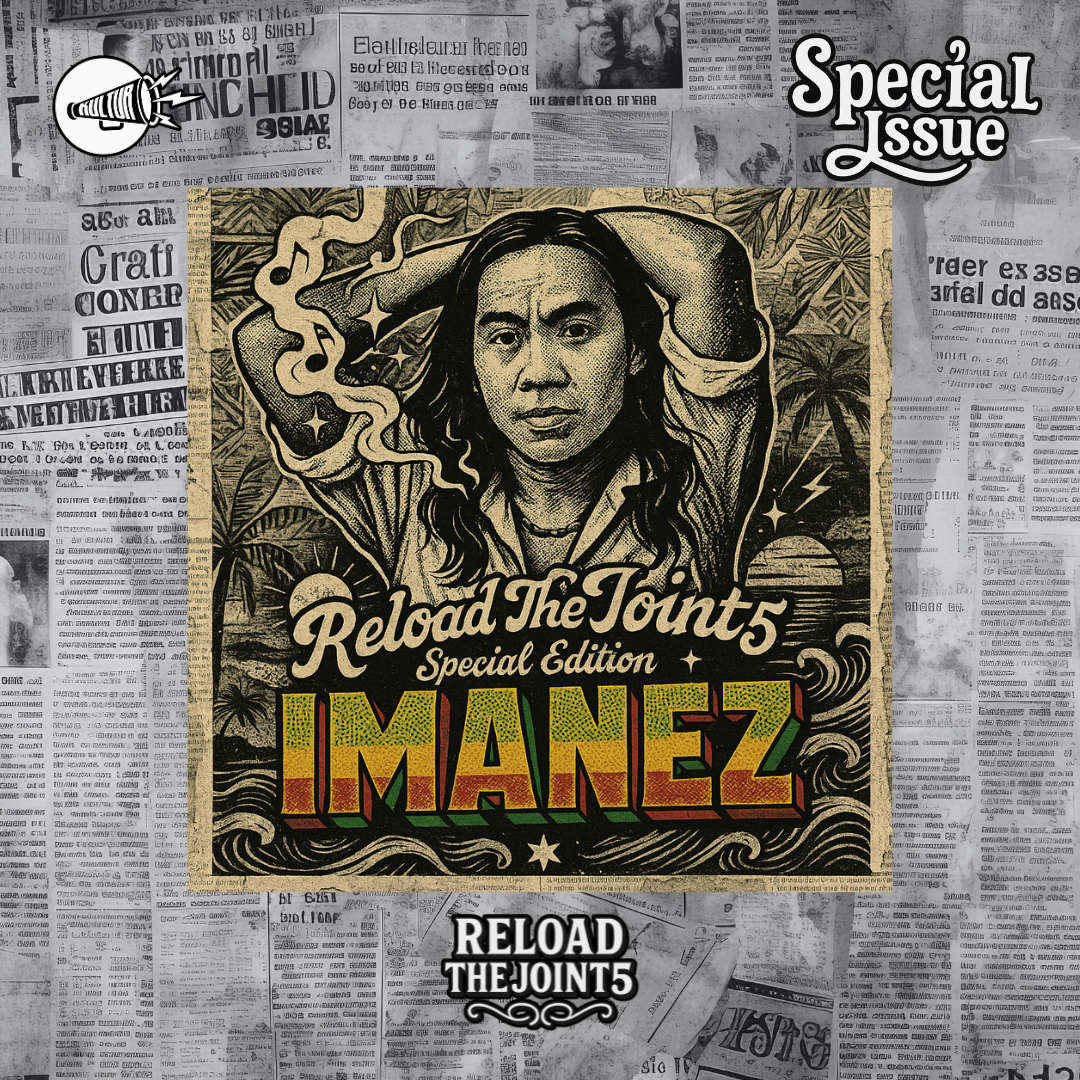From Jamaica, reggae transformed into a global language through waves of migration—amplified by Bob Marley, celebrated for its message of unity and resistance. In Indonesia, that current flowed into a distinctly Nusantara vibe—tropical, festive, and unmistakably local.
“Nggak kenal waktu, nggak kenal hari
hanyalah sunset dan sunrise.”
In Sunny Day, this singer reframed a big idea into smiles, waves, and light. Reggae was reborn: laid-back, peaceful, yet still in step with reggae’s worldwide rhythm.
“I see ya smilin’ face
I feel the ocean wave
Today is sunny day
This is a happy day”
The debut album “Anak Pantai” and the sophomore “Sepontan” were enough to silence the naysayers. These two legacies weren’t surface-level reggae, nor disposable pop propped up by downstrokes for festival gimmicks. Those two, they carved out a new language: reggae that dared to sound Indonesian without surrendering its dignity—more genuine than the endless parade of utopian dreamers peddling rasta postcards without a bassline, stripped down to algorithmic playlists, and pushed into half-baked virality.

The title “pioneer of Indonesian reggae” may carry a note of reverence, yet it risks confining him to a narrow frame. Imanez—Abdul Firman Saad—was not merely a pioneer. He reimagined the tropical coconut icon as a metaphor for the laser-lit groove of the dancefloor, destabilizing public assumptions of reggae: not delinquency, not just a fashion, but faith and belief. He sang about that beautifully:
“Yang kucari kesenangan, yang harus kubayar dengan mahal!”
He could also channel longing with elegance, as in ‘Samalona’—a tropical love letter that cast a place in Makassar as both escape and intimacy. In Tequila Sunrise, he framed love as intoxicating yet worth the fight, tender yet ironic. Such contrasts revealed the breadth of his aesthetic: for Imanez, reggae was never fixed to a single form but a fluid medium—able to carry shorelines, desire, and doubt all at once.
With “Pasti”, Imanez cut sharply into politics’ culture of empty promises. Using the cadences of everyday speech, he grounded his critique in an egalitarian register that made protest sound familiar rather than distant.
“Kalo politikus bilang tuntutan akan terpenuhi
Walau mengobralkan berjuta-juta janji, Belum pasti!”
“Topeng Monyet” examined existence, survival, and deception. Beneath its playful metaphor, the song staged a biting satire: a street performance of a chained monkey turned into a mirror, reflecting how humans, too, wear masks just to survive. Here Imanez exposed the absurd theater of politics, economy, and everyday life. The irony was unmistakable: the monkey was forced to mimic humans, while humans themselves became “masked monkeys!”
Shaped in Gang Potlot, Imanez embodied a rare versatility, and his two albums function as a manifesto of intent. Sunset revealed his expansive vision, while the extended Round & Round—at 5 minutes 54 seconds—unfolded as sonic ecstasy: fusing tribal percussion with drone chords before sliding into steppa, complete with a bubbling build-up and incantatory pull toward dance. Against the backdrop of a 1990s scene dominated by pop and hyper-masculine rock, Imanez staged an aesthetic counterforce impossible to overlook.
That the internet remains almost mute about him does not diminish his resonance. His music and spirit endure—he was both pathway and architect, crafting works of rare distinction that sparked reggae’s luminous presence in Indonesia.
(Sam)







Show Comments (0)